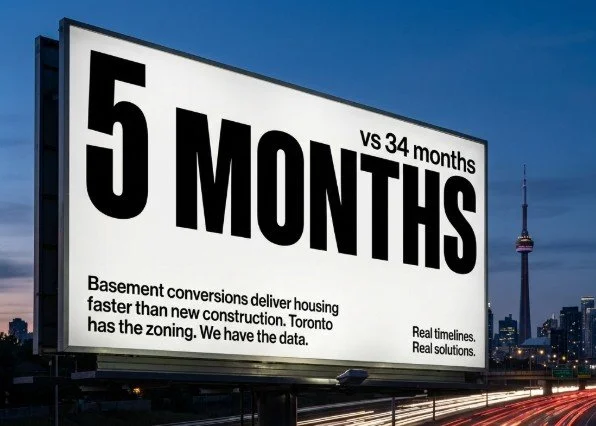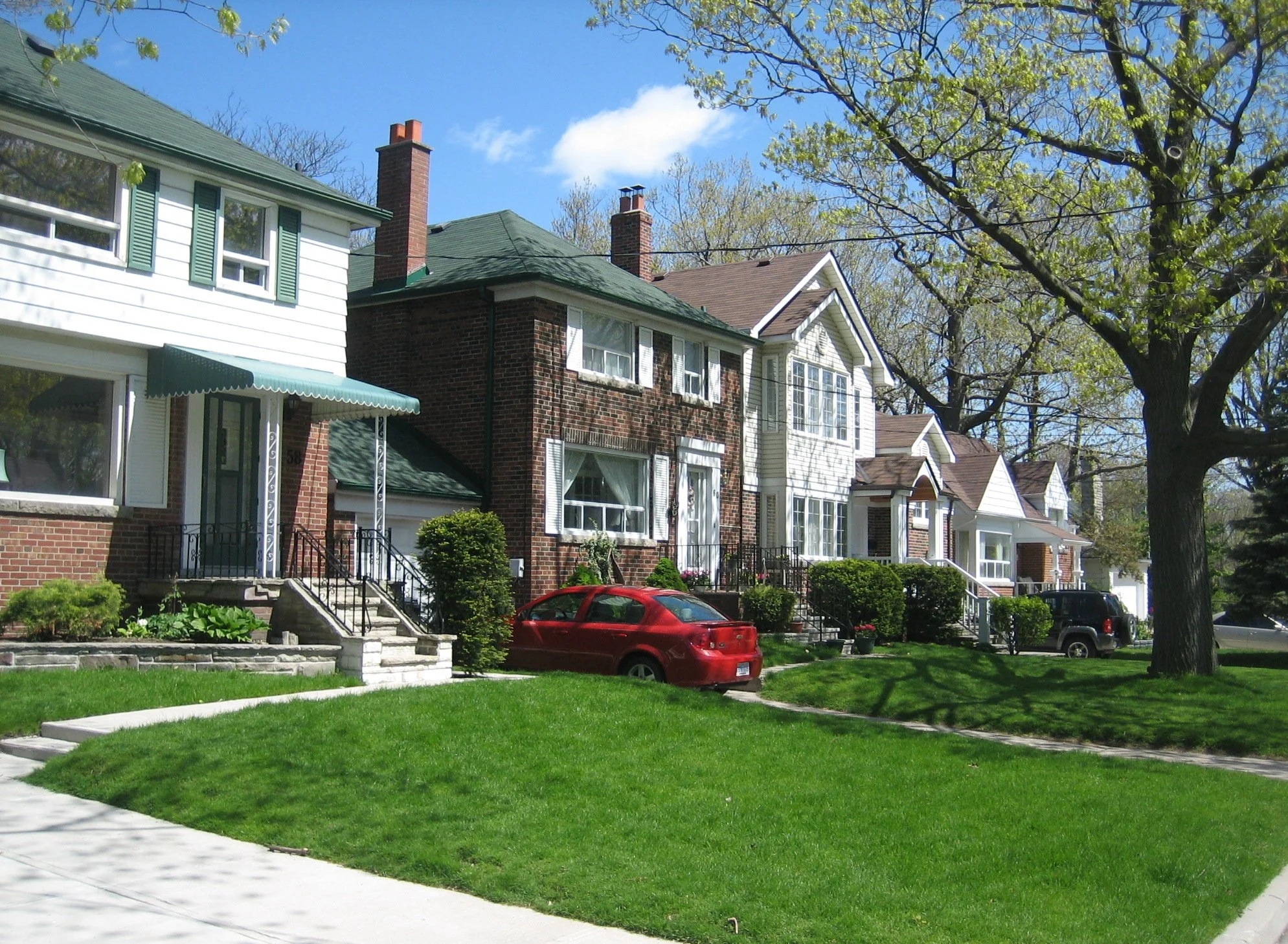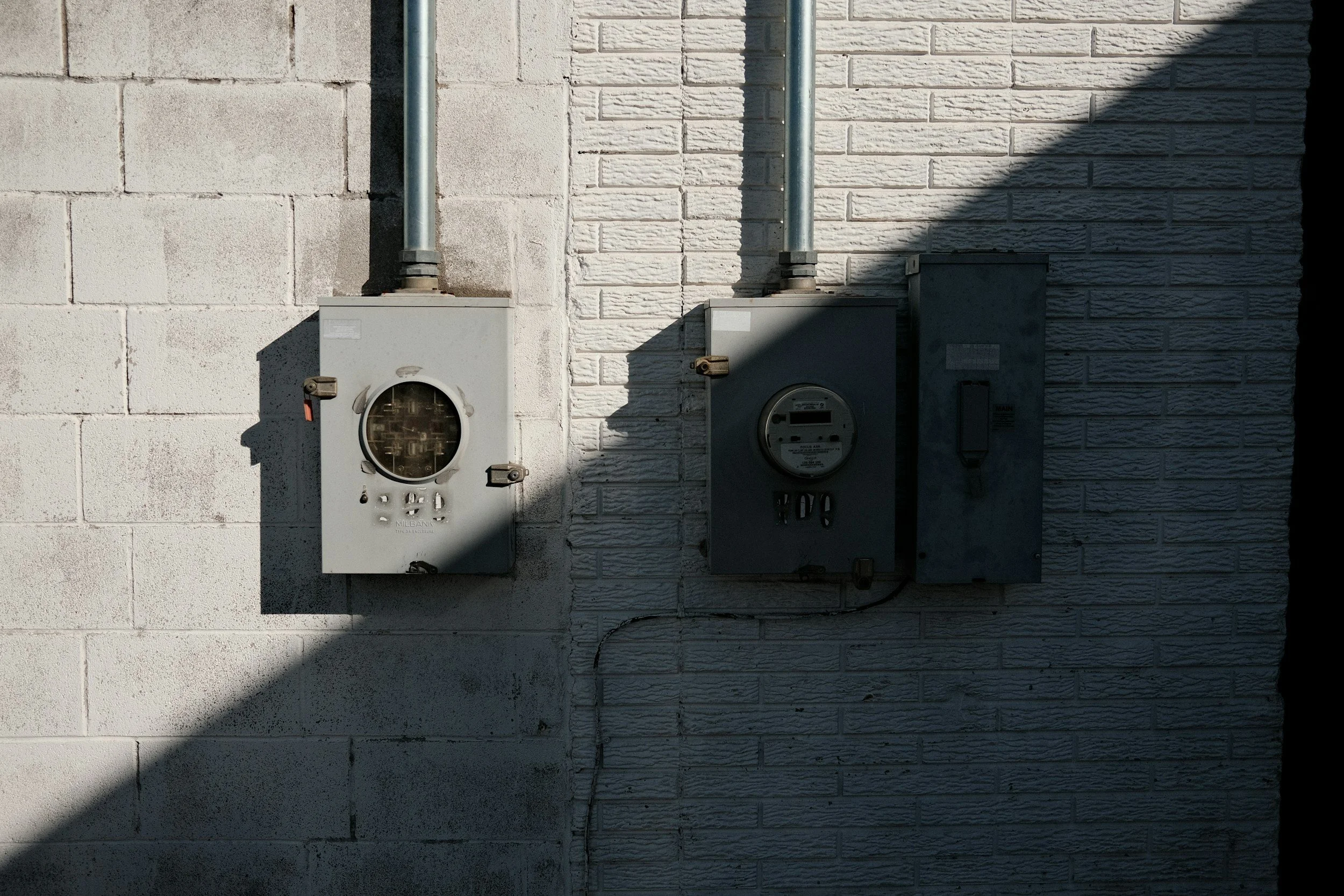Why Toronto (and other Municipalities) should allow more than one unit in accessory dwelling units
Toronto has a ridiculous ADU rule.
One accessory dwelling unit per property. That's it.
No exceptions. No matter how big your lot. No matter how much housing Toronto needs.
We've been watching this arbitrary restriction kill accessory dwelling unit housing projects for years. Clients with massive properties who could easily support two garden suites get told no. Meanwhile, the city is allowing up to 6 units in some Toronto wards to be built on any residential property in Toronto. Can someone make this make sense?
The rule makes no sense. But Indian Grove just showed us a workaround.
The Indian Grove Loophole
Here's what actually happened at 293 and 295 Indian Grove. The properties got severed, creating two separate lots. Then they built a semi-detached ADU with one unit on each side.
Technically, each property still has only one ADU. The city's arbitrary rule stays intact.
The developers didn't break the rule. They just exposed how ridiculous it is.
Why should property size not matter for ADU allowances? Why should a 25-foot lot and a 100-foot lot have the same restriction?
The Real Problem
Toronto's "one ADU per property" rule treats all properties the same. It ignores basic logic.
We've worked with clients who own corner lots with lane access on one side and direct street access on the other. Perfect for two ADUs (or so they thought). The answer was no. We had a property where the backyard directly connected to another road out the back of the property, and when the property owner proposed two-units on the property they were told to adjust the application before standing in front of C of A (even though their main home was a duplex, so exact same configuration). Please, someone make this make sense!
The rule doesn't consider lot size, infrastructure capacity, or neighborhood context. It's a blanket restriction that treats a 20-foot downtown lot the same as a half-acre suburban property.
Toronto has an estimated 370,000 to 390,000 properties that could add ADUs. Currently, only a couple thousand exist. There is no arguing that ADU’s are expensive to build, but guess what would make ADU’s have a better return on investment? Multiple units to create better cashflow.
What Other Cities Do
Vancouver allows multiple ADUs on larger lots. Los Angeles bases ADU allowances on lot size and zoning.
Toronto's approach is uniquely restrictive.
The Ontario Regulation 462/24 that came into force on November 20, 2024, simplified many ADU requirements. But it didn't touch the "one per property" restriction.
That's a municipal decision. Toronto could change this rule tomorrow.
They just choose not to.
The Economics of Restriction
Single ADU projects often don't make financial sense for property owners.
Fixed costs are brutal: permits, servicing, site preparation, and infrastructure connections. These costs stay relatively the same whether you build one unit or two.
The restriction forces property owners to spread fixed costs across minimal rental income.
Multi-unit ADUs would change the calculation entirely. Essentially the same infrastructure investment, but almost double the rental income.
We've had to turn away clients whose projects would be viable with two units but don't pencil out with one.
Toronto's rule is actively preventing housing creation.
What Needs to Change
Toronto should base ADU allowances on lot size and infrastructure capacity, not arbitrary property rules that don’t scale with larger properties.
Properties over 50 feet wide should qualify for two ADUs. Corner lots with dual access should get special consideration.
The city needs to stop treating every property the same.
Indian Grove proved you can work around the restriction through severance. But that's expensive, time-consuming, and creates unnecessary complexity.
Why force property owners to jump through hoops for common-sense housing solutions?
The Path Forward
We're now exploring severance strategies with clients who have large properties. If the city won't change the rule, we'll work within it.
City Planning is actively monitoring garden suite development and we are hoping that this topic is one they table in future discussions about the ADU bylaws currently in effect.
This is the perfect time to challenge the "one ADU per property" restriction.
The data is clear: Toronto needs more housing. The potential is massive. The only thing stopping us is an arbitrary rule that treats all properties the same.
Indian Grove showed us the workaround. Now let's push for the real solution: rules that make sense.
Property owners shouldn't need to sever lots to build appropriate housing density. Toronto should just fix the rule.
About BVM Contracting
BVM Contracting is a full-service General Contractor or Home Builder located in Toronto. We provide home renovation and building services for major home renovations (kitchen renovations, bathroom renovations, basement renovations, full interior renovations, home additions, lot severances, new home construction, multi-unit renovations, garden suite construction, and laneway suite construction). Our goal is to help guide our clients through the process of renovating their home, from concept to completion.
Further than providing General Contracting and Project Management for major home renovations and home building projects in Toronto, we also offer value-added services such as renovation financing, renovation rebate consultations and services, building permit and design services, smart home installation services, and real estate investor services.
To learn more about our offering by visiting our services page.












